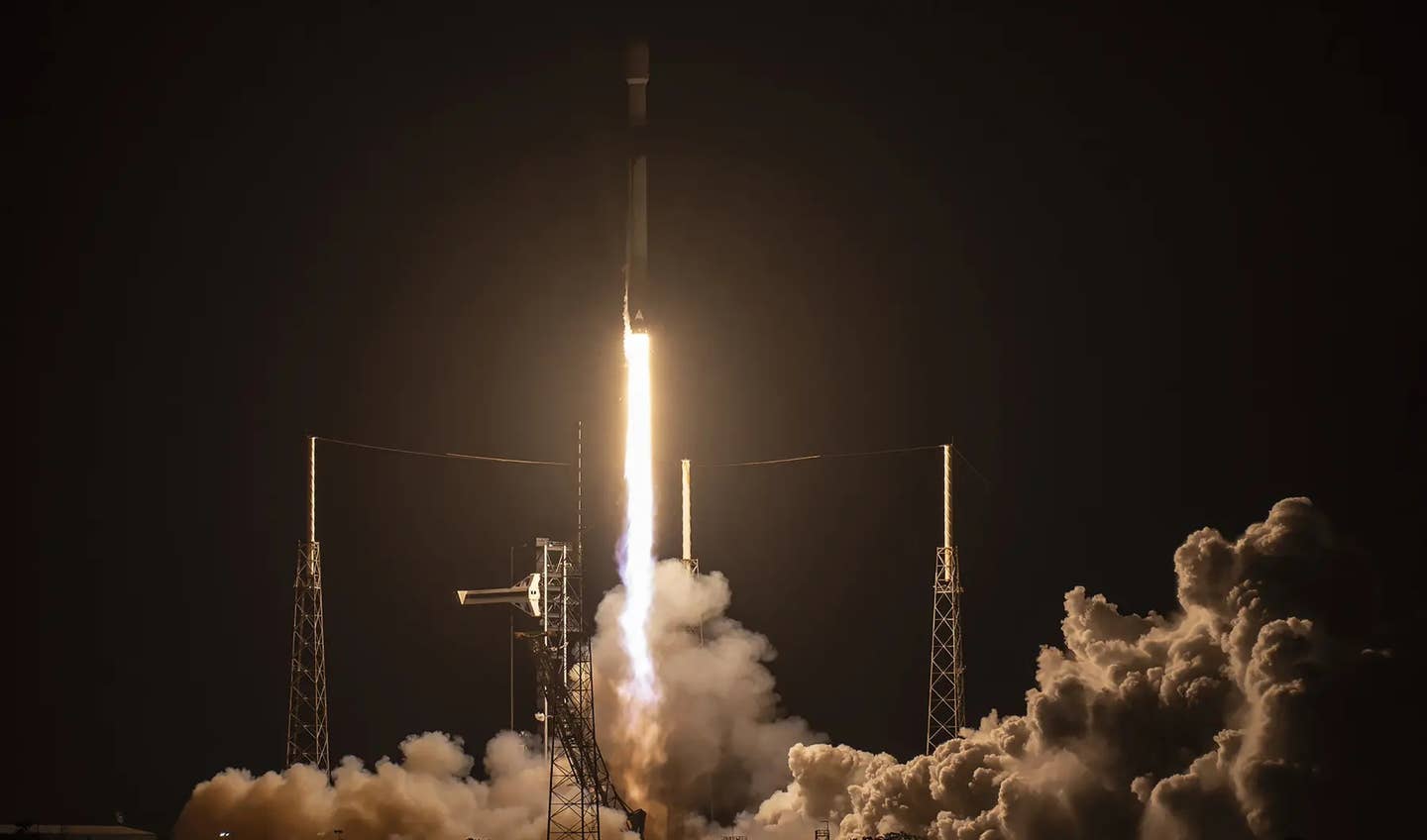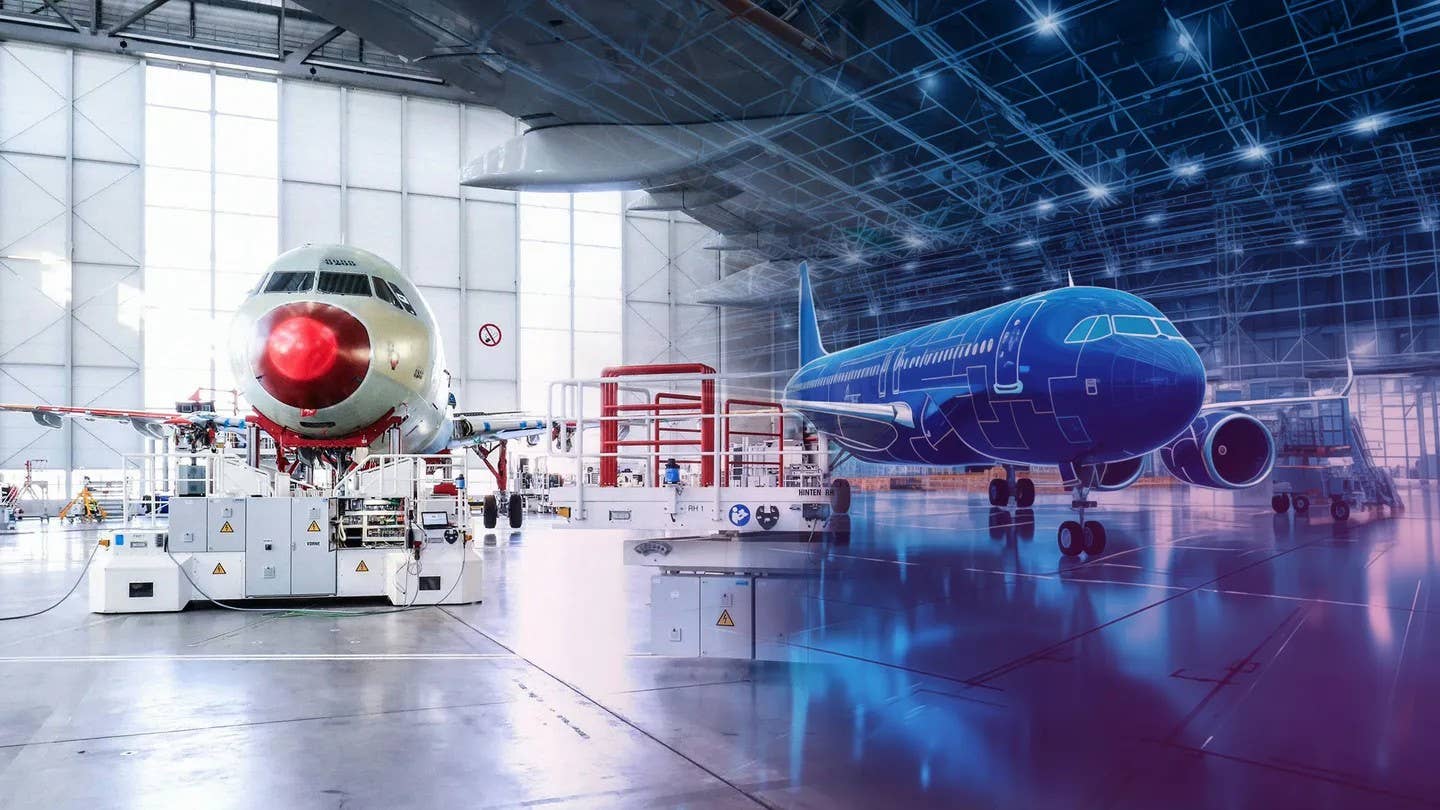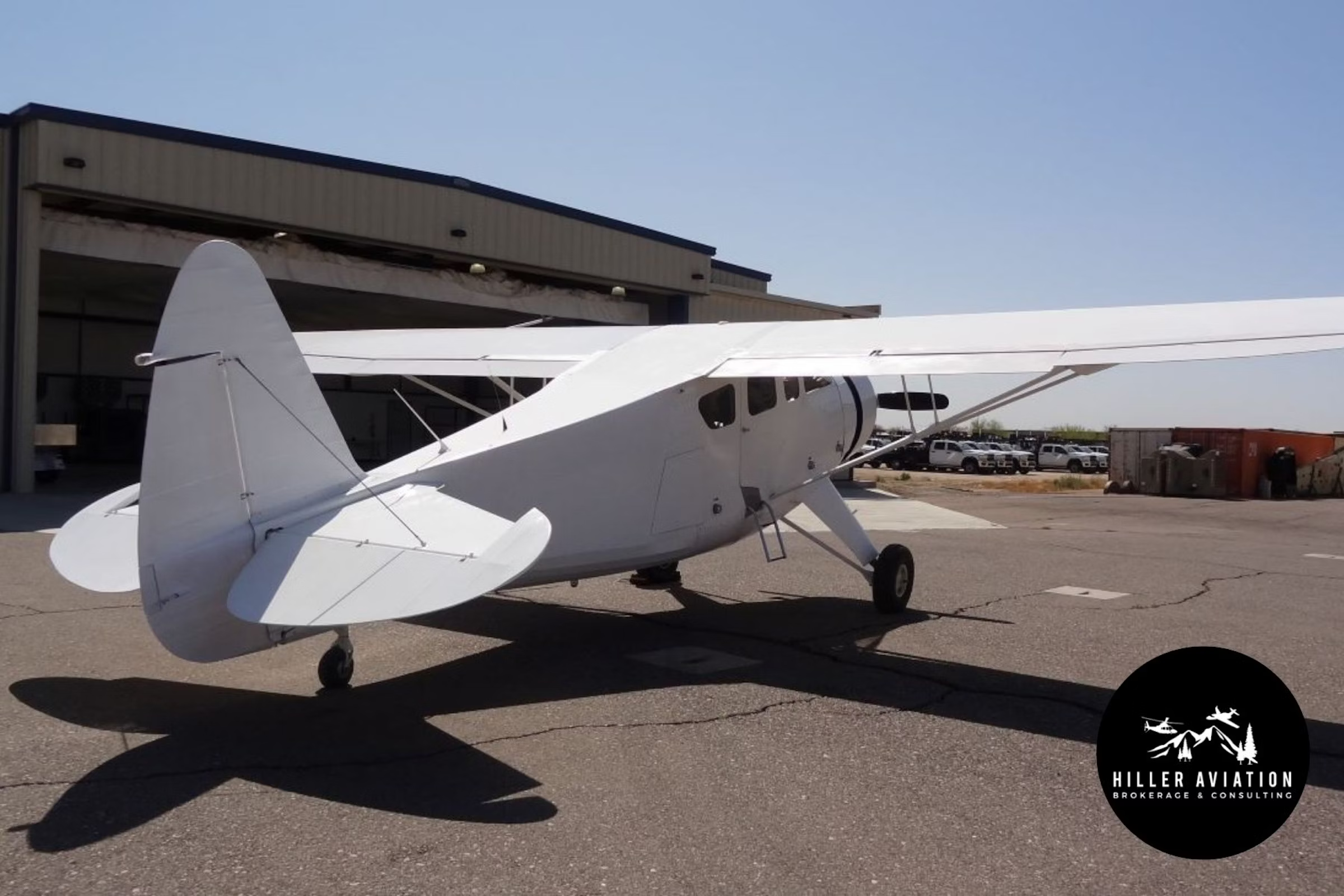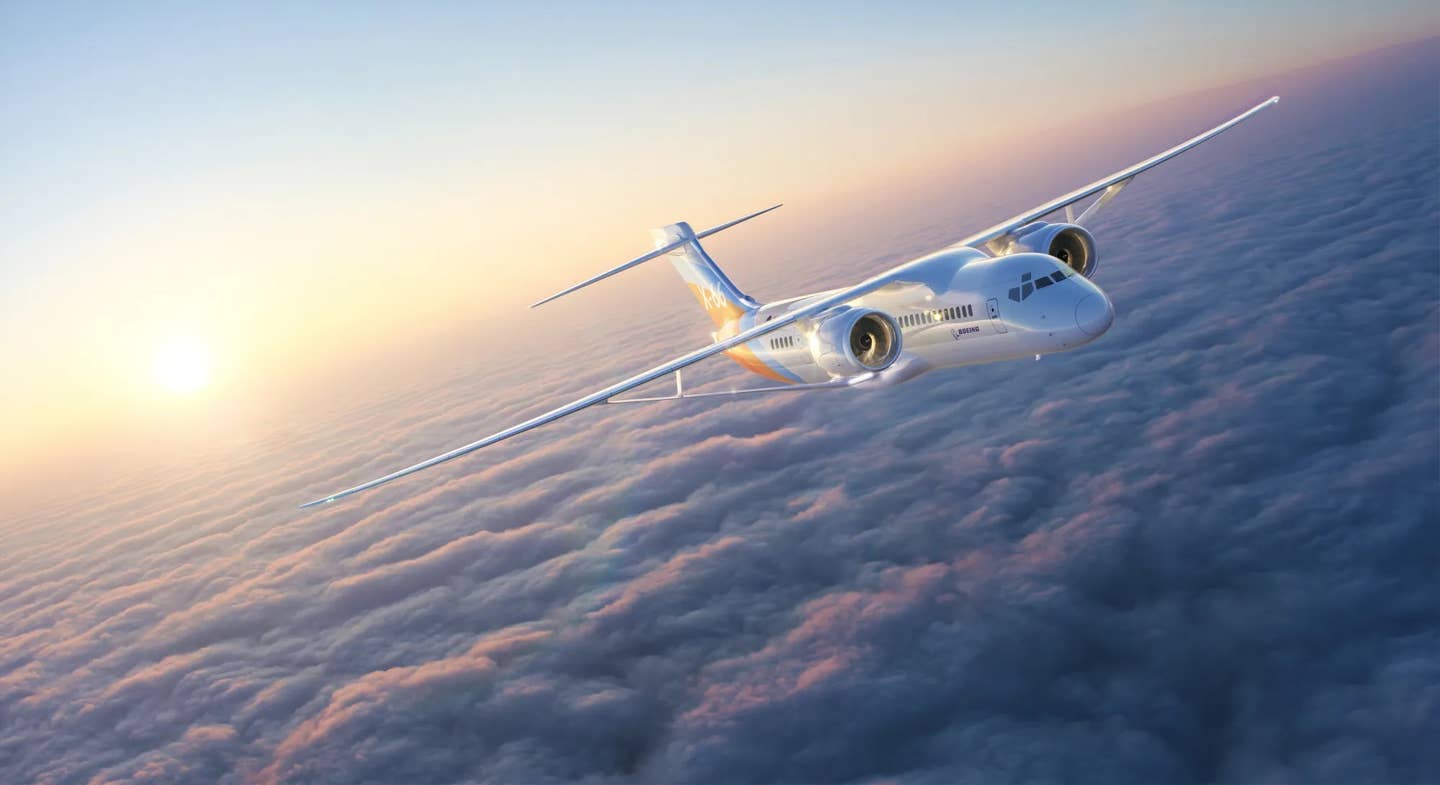FAA Safety, Aircraft Certification Focus of Senate Hearing
FAA acting administrator Billy Nolen told lawmakers that the agency continues to review new versions of the Boeing 737 Max .
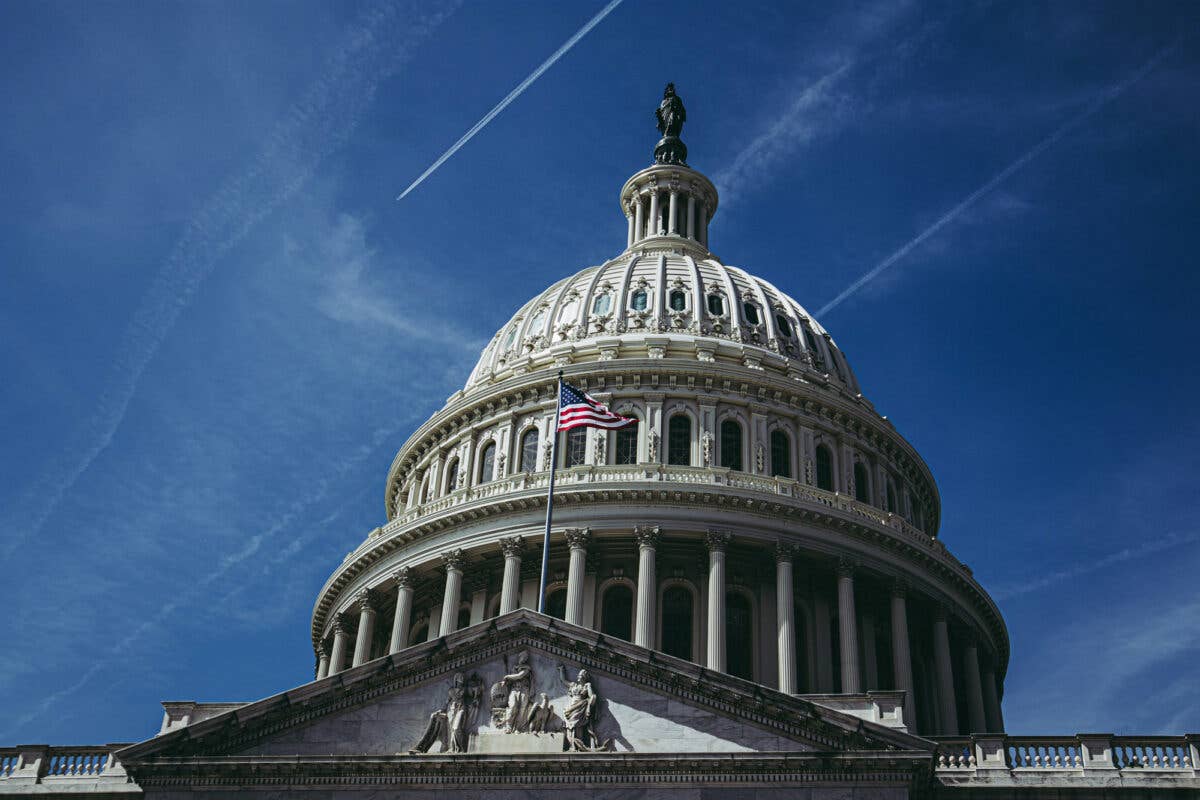
The Senate Commerce Committee’s hearing focused on aircraft certification and FAA reform efforts in the aftermath of the Boeing 737 Max accidents. [Credit: Alejandro-Barba/Unsplash]
On March 8, the Senate Commerce Committee held its second meeting ahead of FAA reauthorization, this time focusing on aircraft certification and FAA reform efforts in the aftermath of the Boeing 737 Max accidents.
On October 28, 2018, a Boeing 737 Max operating as Lion Air Flight 610 went down 11 minutes after takeoff from Jakarta, Indonesia, killing all 189 on board. Months later, on March 10, 2019, Ethiopian Air Flight 302 crashed six minutes after takeoff from Addis Ababa, Ethiopia, killing 157.
As described by a 2020 Congressional report, the Max accidents "were the horrific culmination of a series of faulty technical assumptions by Boeing’s engineers, a lack of transparency on the part of Boeing’s management, and grossly insufficient oversight by the FAA."
In response, Congress drafted the 2020 Aircraft Certification, Safety, and Accountability Act intended to overhaul the FAA’s oversight following the deadly accidents.
Wednesday’s hearing addressed several key issues on FAA staffing, whistleblower protections, and additional reforms that could be included in the upcoming reauthorization bill.
In his opening remarks, FAA acting administrator Billy Nolen recognized the families of the victims of the Lion Air and Ethiopian accidents.
“The FAA understands and embraces the importance of continuously raising the bar on aviation safety,” Nolen said. “During the last two years, we’ve made significant progress meeting the requirements of the law to improve and refine our certification and safety oversight processes.”
Nolen fielded several questions regarding FAA staffing issues and stated that the agency plans to hire nearly 300 employees to its safety office by the end of September. He also stressed that the agency currently has 107 full-time staff members providing regulatory oversight on Boeing—up from 82 just a couple of years ago.
Nolen also addressed staffing issues when it came to FAA medical and aircraft registration backlogs, admitting that’s an area that the FAA needs to improve. He stressed the agency is streamlining the aircraft registration process from 180 days to 75 days by the end of April. Nolen also noted that the FAA is taking steps to modernize its MedXPress medical program by allowing pilots to track their MedXPress forms online—a welcome measure of transparency.
Whistleblower complaints were also highlighted in Wednesday’s hearing. During his questioning, Sen. Wicker (R-Mississippi) said, “There is no place in the FAA or the Federal government for retaliation from people who come forward with legitimate information.” Nolen was asked what the FAA is doing to protect whistleblowers following allegations that the agency would punish those who came forward with safety concerns. In response, Nolen said the agency takes the role of whistleblowers very seriously and is personally involved in any complaints.
Sen. J.D. Vance (R-Ohio.) brought up two recent reports of issues pilots experienced during 737 Max flights and questioned whether the aircraft was safe, to which Nolen replied, "I can say categorically that the 737 Max airplane is safe.”
Nolen told lawmakers that the agency is continuing to review new versions of the Max, including the Max 7 and 737 10. He stressed that the FAA is using active line pilots and test pilots for feedback for certifying new aircraft.
Throughout the hearing, several members of Congress took the opportunity to highlight the differences in the administration’s current pick to head the FAA—Phil Washington, and current acting administrator Nolen. They agreed Nolen was a much more qualified and appropriate pick for the job given his expertise as a pilot and background working for three different airlines.
Ranking member Ted Cruz (R-Texas) brought up criticism from both Republicans and Democrats during Washington’s recent confirmation hearing.
“His hearing last week confirmed what is abundantly clear in his resume—that he lacks aviation experience needed to lead the FAA. He was unable to answer basic safety questions about the 737 Max crashes, aircraft certification, or how a pilot might react when a system malfunctions. Unlike other FAA administrators, including administrator Nolen, who has decades of aviation experience, Mr. Washington has never flown a plane, has never worked for an airline, has never earned certificates in aviation safety,” said Cruz.
Nolen disagreed with the committee, expressing his view that Washington was fully capable of heading the FAA.
Next week, the agency plans to hold a safety summit in response to recent aviation incidents and close calls.

Sign-up for newsletters & special offers!
Get the latest FLYING stories & special offers delivered directly to your inbox

